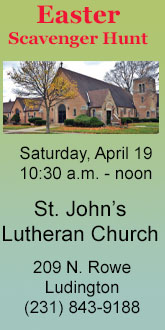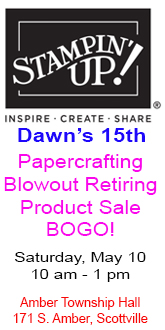
Jim Bond
Shaken, Not Stirred: The Owl and the Pussycat
#ShakenNotStirred
A blog by Jim Bond.
I’ve had a varied career, primarily involved with language; either the spoken or written word. Most of the words have been of my own arrangement, but I’ve also done a lot of theatre since the age of 13, using the words of others to convey a thought or idea. Some of my theatre was memorable, some forgettable.
One of the memorable productions was with a semi-professional dinner theatre, located in a beloved, iconic Old Louisville restaurant, Rudyard Kipling. It was perhaps 1989.
The play was The Owl And The Pussycat, written by Bill Manhoff in the mid-60s. This is a raw, adult comedy, not to be confused with the famous Edward Lear children’s poem of the same title.
It’s a two person play, involving an arrogant, self absorbed, intractable, aspiring writer. That would be me. (I was a natural). Opposite me was the ‘pussycat’, portrayed by an amazing, versatile actress, Karole Spangler, still living in Louisville, enjoying a successful career.
Karole’s character is uneducated, a failing model and actress, and sometimes purveyor of…um…well, you get the point. They are temporarily living together to help make ends meet.
They are as different as Felix and Oscar in The Odd Couple, as you can imagine from the character sketches just laid out. Ultimately, they appreciate each other through some stormy scenes. The dialogue is intricate and complicated in this rather dark comedy. Sometimes the arguments between the two are similar throughout the script.
Artistically, we were prepared. In terms of hammered down dialogue memorization, there were some rough edges.
Opening night the intimate house was full. Everything started out well; cues were met, dialogue was snappy and precise, laughs came from the enthusiastic audience. The stage manager was sitting adjacent to the stage, following the script for lighting changes, looking almost bored. That’s how well things were going.
Until…
One of us jumped dialogue by several pages. Karole will say it was me, which it probably was. Actually, the direction and tone of the dialogue was such that nobody in the audience probably even noticed.
Stage manager sure did though. He sat up looking as if he’d been stung by a wasp, started ripping through the pages of his script to see what we were doing and what vacation we’d taken. His eyes were bulging like a 1930s cartoon character.
Karole and I realized our dilemma and his alarm. After a few minutes we actually returned to the correct spot in the script and carried on. Poor stage manager had to rip back through the pages we’d skipped, trying to determine exactly where we were.
That night I believed completely in mental telepathy, since the three of us had the same thought at the same time: what will happen when we get to the part in the dialogue we had already delivered, without repeating the lines already given? Patrons would notice:
“Alice, didn’t they say that already?”
“Mayhaps they did, George.”
Meanwhile, the show’s director was heading to the bar, head lowered and shaking.
Actually, the producers had seen the dress rehearsal the night before and had made phone calls to investors with the following statement: “Um, perhaps you should wait until the second weekend to see the show.”
The seconds ticked by. The tension between the three of us was palpable. We had successfully fooled the audience into thinking that was how the play was written.
The lines were progressing, we were approaching the point. We felt like Thelma And Louise, speeding toward the cliff in a ’66 Thunderbird convertible. I was sort of hoping that the stage manager would devise a quick ‘cue card’.
The moment arrived, and by some force of nature, the three of us simultaneously leaped with the grace of gazelles right over the stale dialogue, landing in the lush Kentucky bluegrass of fresh material.
Crisis averted; the rest of the play was delivered as was intended by the playwright.
I think.









































.png)




















